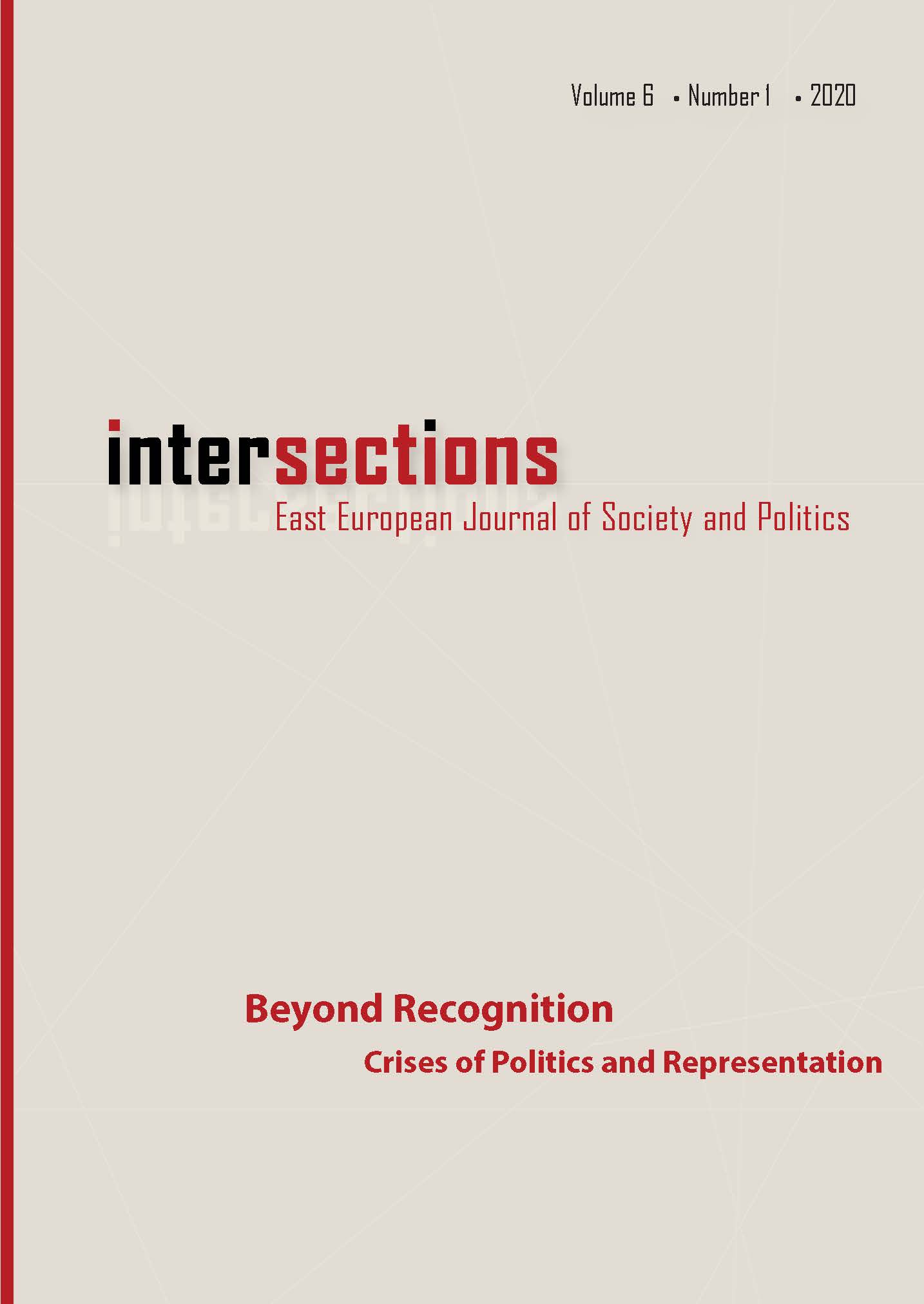Political Representation and Spokespersons in the Prostitution vs. Sex Work Debate
Political Representation and Spokespersons in the Prostitution vs. Sex Work Debate
Reflections on the Hungarian Discourse in a Global Context
Author(s): Noémi KatonaSubject(s): Gender Studies, Social Norms / Social Control, Politics of History/Memory
Published by: MTA Társadalomtudományi Kutatóközpont Kisebbsegkutató Intézet
Keywords: prostitution; sex work; politics of recognition; spokespersons; feminist movements
Summary/Abstract: A binary debate has developed internationally between abolitionists and sex workers’ rights (SWR) activists: this involves the so-called ‘sex wars’, which dominate the scholarship and activism regarding commercial sex worldwide. While abolitionists aim to eliminate prostitution, which they see as a manifestation of patriarchy and violence against women, SWR activists aim to recognize sex work as work, and to fight for better working conditions in the sex industry. Both movements have become institutionalized, and various local NGOs and international networks have been established to advocate for these political aims. These organizations try to influence national and international legislation regarding the selling of sex by building powerful alliances. The financial support of donors is also dependent on how compatible these movements are with neoliberal power relations. Furthermore, the development and political influence of local abolitionist or sex worker movements also depends on countries’ positions in the global economy. The paper analyses the political representation and the role of spokespersons within the prostitution/sex work debate and also reflects on the advocacy work of Hungarian organizations active in this field since 1989. It discusses the evolution of a politics of recognition in the struggle related to commercial sex, and how transnational power dynamics on a global scale have affected Hungarian movements and civil society organizations since the era of state socialism.
Journal: Intersections. East European Journal of Society and Politics
- Issue Year: 6/2020
- Issue No: 1
- Page Range: 139-163
- Page Count: 26
- Language: English

